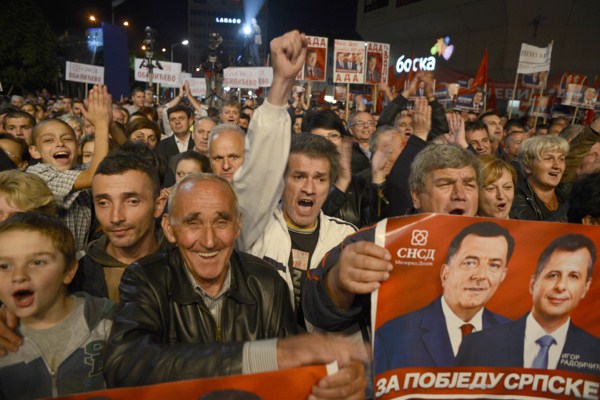Almost a month after its general elections, with negotiations intensifying over potential ruling coalitions, Bosnia is confronted with two possible scenarios. If the political will for compromise prevails, the election results could enable the relatively swift establishment of stable governments at both the national and local levels.
But if Bosnia’s irresponsible, hard-line and self-serving “politics as usual” lead to new deadlocks and delays in forming governments at the different administrative levels, it could further damage Bosnia’s already weak economic and social base and stoke new ethnic and social tensions.
Which scenario emerges in the coming weeks and months will also depend on the level of the international community’s involvement, especially from the European Union, the United States and Germany.

